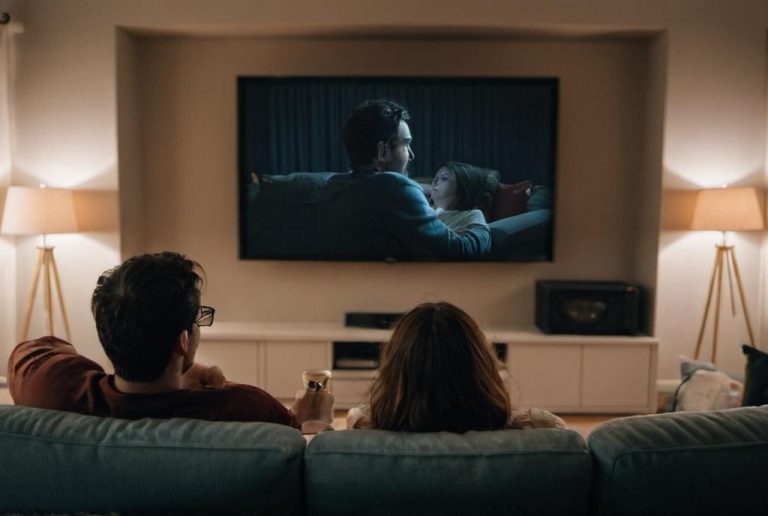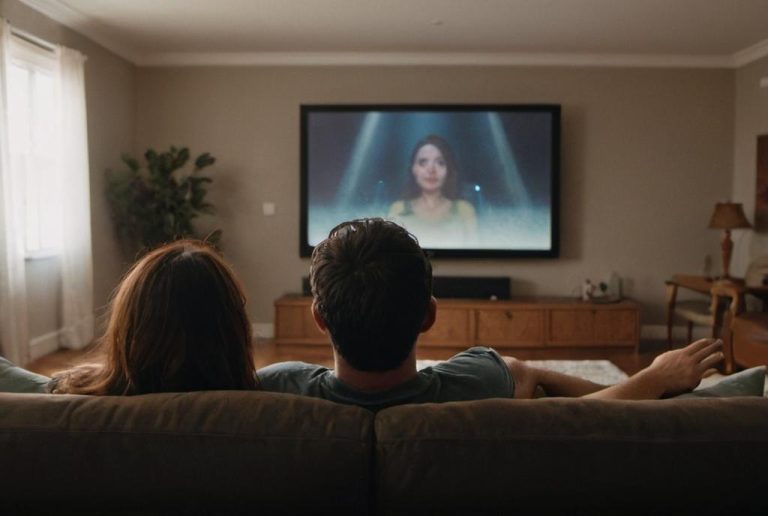
Key Take Aways About famous film critics and their impact
- Film critics significantly shape audience perceptions and box office outcomes.
- Roger Ebert popularized accessible criticism with his thumbs-up ratings and Pulitzer-winning insights.
- Pauline Kael’s passionate reviews introduced a personal angle, sparking widespread debate.
- Andrew Sarris championed auteur theory, emphasizing a director’s creative vision.
- Critics influence film buzz, impacting financial success and investment decisions.
- At film festivals, positive critical reception can boost a film’s distribution and award prospects.

The Role of Famous Film Critics
In the circut of cinema, film critics have worn many hats, offering deep dives into the celluloid narratives flashing across screens. Their influence reaches beyond mere reviews, shaping audience perceptions and, occasionally, box office outcomes. Film critics like Roger Ebert, Pauline Kael, and Andrew Sarris made hefty contributions to the cinema critique scene, offering thoughtful perspectives and occasionally stirring the pot with their bold opinions.
Roger Ebert: The Thumbs-Up Guy
Roger Ebert, probably one of the most recognizable names in film criticism, carved out a niche with his signature thumbs-up or thumbs-down ratings—a simple yet effective way to communicate his thoughts. His impact wasn’t just felt at the ticket counter; his Pulitzer-winning insights and approachable writing style drew readers into the world of cinema. Ebert’s reviews often combined deep appreciation for storytelling nuances and technical brilliance, making his work accessible to both the average Joe and the cinephile.
Pauline Kael: The Fiery Pen
If cinema criticism had a rockstar, Pauline Kael would fit the bill. Known for her passionate, punchy prose, Kael’s reviews were anything but dull. She fostered a style known for its personal angle, often sharing how a film affected her personally, for better or worse. Her influence extended beyond print as she challenged filmmakers and critics alike, igniting debates and discussions. Love her or hate her, she nudged the conversation about film into new territories.
Andrew Sarris: The Auteur Theory Advocate
Andrew Sarris brought a fresh perspective with his advocacy for auteur theory—an idea emphasizing the director’s creative vision as the primary force behind a film. Sarris’ idea helped usher in a new era of film evaluation, encouraging viewers and critics to pay attention to directors’ unique signatures. The implications were immense, influencing how films were made, presented, and critiqued across generations.
Impact on the Box Office
The power of film critics isn’t confined to glowing reviews or scathing critiques; it often spills over into financial realms. A well-placed review can make or break a film’s opening weekend. Ever notice how a positive buzz builds around certain films? Critics play a substantial role in that buzz. For instance, enthusiastic reviews can propel a film with a modest marketing budget into the spotlight, while a string of poor reviews can deter audiences, impacting ticket sales significantly.
Investment Decisions in Cinema
The influence of critics doesn’t stop at audience takeaways; it also plays a part in how studios allocate resources. Investing in films is a gamble, and understanding the critics’ landscape (no wait, scratch that word) helps studios gauge public reception. Investors often rely on industry whispers, which include critic forecasts and festival reviews, to make informed financial decisions concerning film production and distribution.
The Role of Critics in Film Festivals
Critics hold sway in film festivals, acting as gatekeepers of quality and buzz. Festivals often serve as litmus tests, where films stand trial before an army of discerning critics. A positive reception at Sundance or Cannes can open doors to wider distributions, increased funding, and even Oscar consideration. It’s like having the jury in a talent show nodding in approval before a packed theater—except, with less razzle-dazzle and more intense scrutiny.
Conclusion
Famous film critics wield more power than one might initially assume. They don’t just write about movies; they help mold the narrative around films, influence public opinion, and even affect financial decisions within the cinema industry. Their role is multifaceted, blending art critique with financial insight, making them an indispensable part of the movie world. Whether they are loved or loathed, it’s undeniable—these critics have left their mark on the reels of cinema history.



